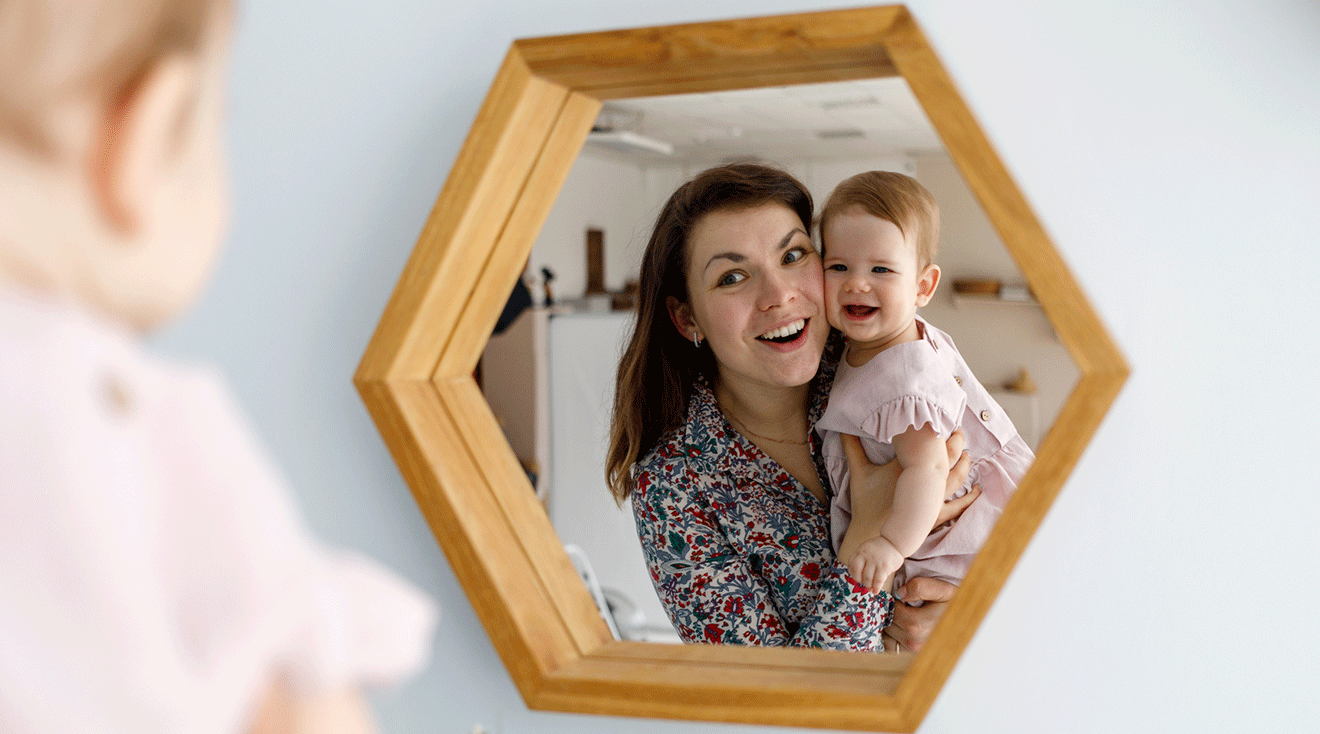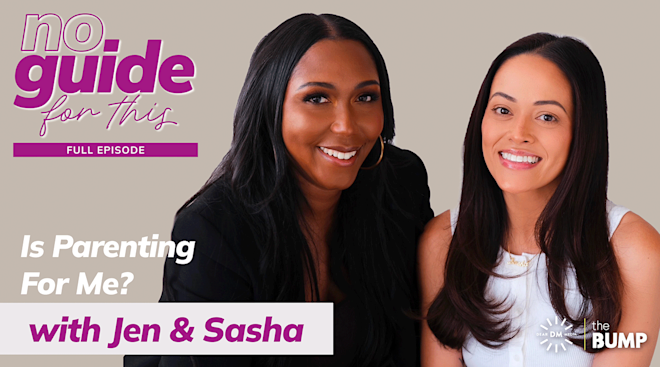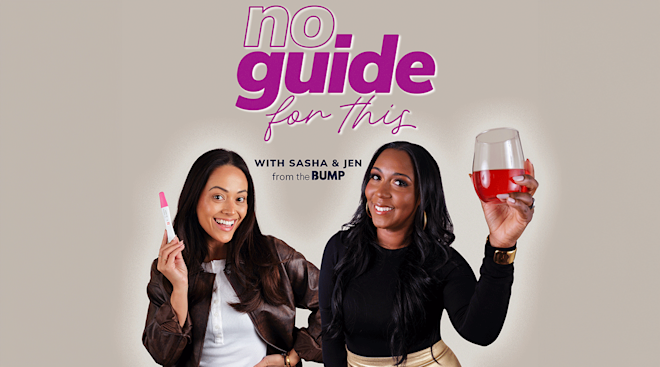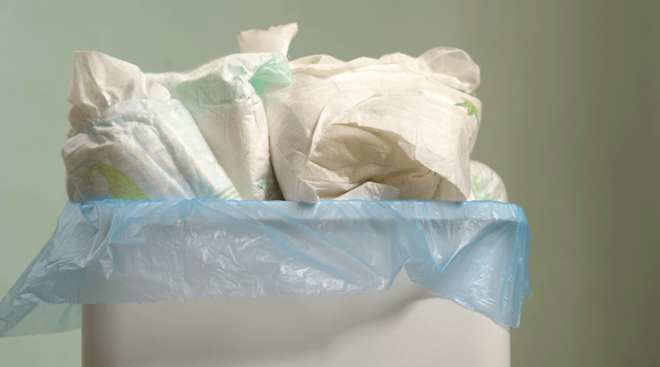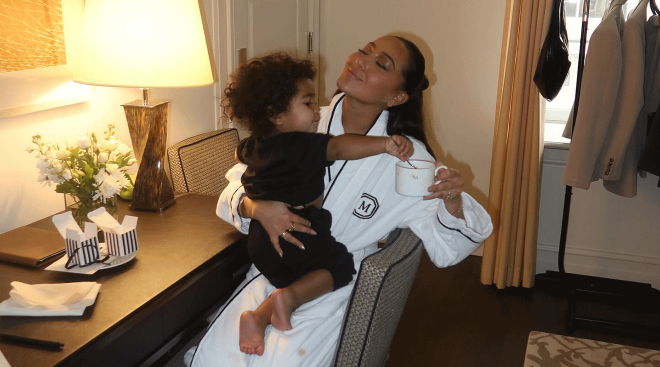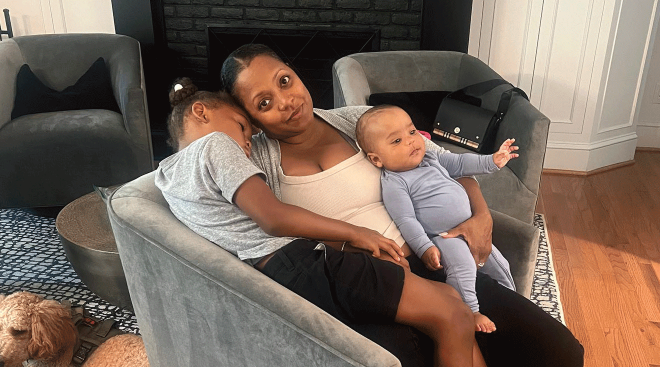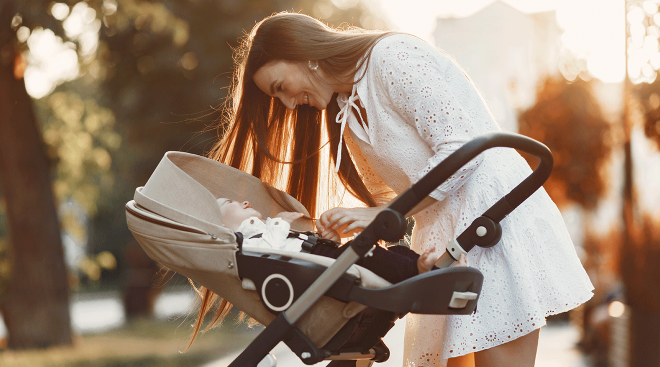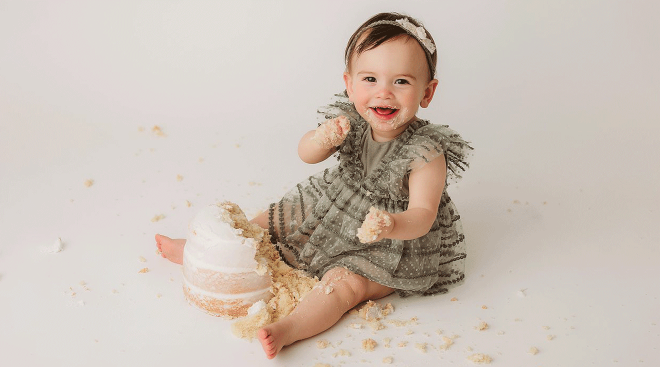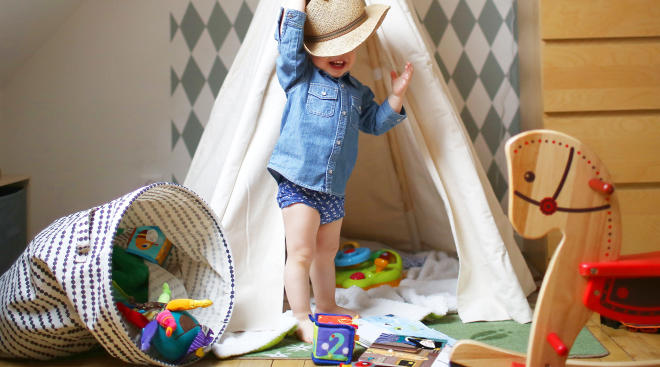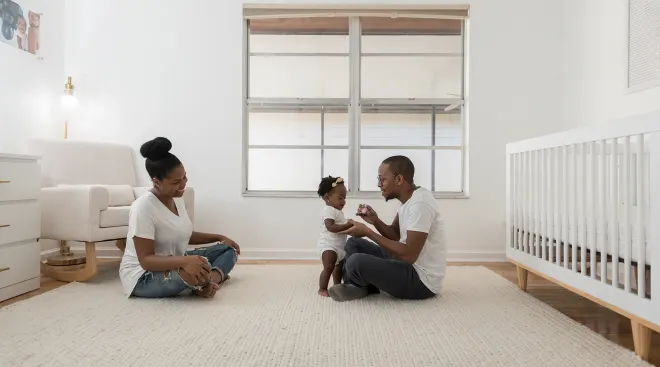What Does It Mean to “Get Your Pink Back?”
“Getting your pink back” is a concept inspired by one of the animal kingdom’s most poetic metaphors. Flamingo parents who are in the throes of raising young flaminglets (yes, flaminglets) lose their bright pink color, making visible the toll of parenthood. Then, little by little, they get their color back. Recently, influencer and parental mental health advocate Lindsey Gurk has popularized this hopeful message, inspiring a flamboyance of parents to work toward getting their pink back after kids.
The “get your pink back” movement didn’t exist when I was emerging from my postpartum fog in early 2020, but I embarked on a journey to re-pink my feathers all the same. Like many moms, pregnancy and childbirth did a number on me. I came out of the experience with postpartum depression, diastasis recti and pelvic floor prolapse. And when I was finally ready to get the help I needed, the pandemic happened and the world shut down. It was a bummer, to say the least.
However, the moment businesses opened back up, I (carefully) speed-walked my way to the best postpartum and pelvic floor therapists my town had to offer, and I was on my way. My goal was to climb out of my funk and get my body in working order enough to attend hip-hop dance classes. And that was just what I did. Over many months, I talked, tightened and twerked my way to wellness. In the years since, I’ve remained committed to prioritizing my health and well-being, and I feel more confident and self-assured than I ever did before becoming a mom. With help and dedication, you can feel like you again too—maybe even the best version of you yet.
Whilst in the trenches of motherhood, Gurk came across a fun fact that filled her with hope; it turns out that flamingos lose their vibrant pink color when raising young babies—but they eventually get it back. This sparked a movement and catchphrase that invites moms (and dads) to regain and redefine their sense of vitality after kids.
When we become parents, we change on a fundamental level. We can never go back to being just like we were before kids, but with time and effort, we can feel rejuvenated and full of color once again. Getting your pink back will look different for everyone, but the idea is to lean into what helps you feel like a version of you you’re proud to be. Here are some ways to get your pink spark started:
Seek professional support
There’s an expert for every ailment, and you owe it to yourself to the professional help you might need after kids. Bridget Jones, PsyD, a clinical psychologist in Dayton, Ohio, says, “Make sure to eat regularly, drink water or make that doctor’s appointment you’ve been putting off. Some women require physical therapy or pelvic floor therapy after pregnancy and childbirth, so schedule an appointment if you think that’ll help in your recovery.” She recommends checking in with yourself about your mental health too. “If you notice that most days you feel down, anxious, stressed, burnt out or apathetic, it may be time to talk with a mental health professional.”
Get in touch with your creative side
Creativity is a vehicle for confidence. Engaging in low-pressure creative play is also a delightful way to complete the stress cycle. Rachel Goldberg, MS, LMFT, a postpartum specialist and therapist in Studio City, California, urges parents to reconnect to an old creative hobby. “This could be an art like painting, cooking, or dancing—anything that they feel allows them to express themselves,” she says.
Put time for yourself on your calendar
The best way to ensure you’ll spend time taking care of yourself is to put self-care on your calendar. Lauren Tetenbaum, a therapist in New York that supports women through life transitions, suggests treating self-care like a mandatory appointment. “All too often, parents put themselves last, but a mom who takes care of herself is a good mom. It’s not selfish, it’s self-care,” she says.
Get your pink back—and your sweat on
Take up an activity that you actually enjoy—something that tricks you into getting the physical and mental health benefits of movement. Exercising is the most effective method of completing the stress cycle. “If you can go to a workout class, great! If you can’t, take the kids on a walk. Do something every day and you’ll be amazed how much better you feel,” says Alex P., a mom of two in Huntington Beach, California.
Spend time away from your kids
Getting out of the house regularly to do something that fills your cup can go a long way as you try to get your pink back. This can mean taking yourself on a date or going out with your partner or friends. Spending time away from your kids is crucial as it helps you remember there’s more to you than being a parent. Goldberg says that “having this separation can be an important step for someone struggling to figure out their new identity, as it allows them a chance to reconnect with themselves.”
Prioritize sleep
Sleep is undoubtedly hard to come by in the early years of parenthood, but getting enough rest is an essential first step in getting your pink back. “Sleep deprivation can further prevent healing from stress and contribute to depression. Prioritizing sleep is critical as it allows the body to process the change emotionally and heal physically,” says Tamar Kahane, PsyD, a New York-based clinical psychologist.
Lean on others
Help can come in many forms. It can look like teaming up with your partner to divide the (visible and invisible) parenting and household labor fairly. It can also come in the form of a soccer practice carpool. Aghogho O., mom of two in New York, says that she and her husband make it a priority to hire a babysitter monthly despite the high cost: “We see a performance, eat or do something for a few hours. If you can pay [help] to lighten your load, do it,” she says. Support in this chapter of life isn’t a nice to have, it’s a necessity.
Reframe your new identity
Parts of you will be less accessible now that you’re a parent, but you’re still you. In fact, you’re an even fuller version of yourself. “Imagine that you’re adding the identity of ‘parent’ to your list of identities, rather than having it replace your other roles or identities. There is space for all sides of you,” says Jones. It’s also important to pat yourself on the back for the hard work you’re doing. “Give yourself credit for everything you’re going through and for all your efforts in adjusting to this incredible transition,” says Kahane.
Remember that this too shall pass
Parenting your kids in their younger years can feel all-consuming. Becoming a parent is one of the biggest transitions a person can go through. According to Kahane, transitions are triggers, but they’re temporary. “Knowing that this state of being is temporary and that, yes, it’s very hard initially, but will get better and easier, is critical to keep in mind,” she says.
Above all else, remember that you’re not alone. You’re not the first new parent to “lose their pink.” You’re one of the flock—and we’ve all been there. Here, real moms share how they reclaimed their vibrancy.
“One of the most crucial things a woman can do when she ‘loses her pink’ is take the time to redefine who she is in this season of life. The beauty of identity is that it changes, but it’s up to us to learn how to navigate those changes, embrace our new identities and let go of who we no longer are.” — Bri R., mom of two in Oklahoma City, Oklahoma
“Getting my pink back as a mom wasn’t just about looking good. It was about finding myself again. I started doing things that made me happy. I connected with my other mom friends, hung out with them in coffee shops and poured my feelings out. We laughed and cried, and it felt like therapy for me. I also found joy in the little things, like dancing in the kitchen with my kids, which brought a lot of laughter and energy back into my life. I made some time for quiet moments just to reflect and recharge. This whole approach—taking care of myself physically, emotionally, and mentally really helped me feel alive as a mom.” — Jennifer S., mom of two in Alberta, Canada
“I recently had someone tell me to leave a hand for myself, and it has really stuck with me. As a mom, your hands are full of responsibilities, mental loads and the day-to-day necessities, and it’s hard to take a minute for yourself. So whatever that moment is to you, leaving that hand for yourself to carry what you need can make the full load feel a little less overwhelming.” — Sasha S., mom of two in Washington, D.C.
“There’s nothing more precious to me than a few hours of peace and quiet. Sometimes when the schedule allows, I take myself out. I eat at my favorite restaurant, shop, do my nails or get a haircut—whatever I’m in the mood for that day. A little TLC makes you feel better after a long week.” — Aghogho O., mom of two in New York
“If it’s hard for you to prioritize yourself as a mother, remember that you’re setting an example of what it means to be an adult. Your kids will notice if you never take care of yourself. They’ll also notice if you make yourself and your well-being priorities. Be the person you want them to be when they grow up.” — Alex P., mom of two in Huntington Beach, California
Getting your pink back isn’t a destination—it’s an ongoing choice, and it’s worth it. Have grace for yourself while in the trenches of early parenthood, and know you can do what it takes to feel full of color again.
Please note: The Bump and the materials and information it contains are not intended to, and do not constitute, medical or other health advice or diagnosis and should not be used as such. You should always consult with a qualified physician or health professional about your specific circumstances.
Plus, more from The Bump:
Rachel Goldberg, MS, LMFT, is a postpartum specialist and therapist and the founder of Rachel Goldberg Therapy in Studio City, California. She studied psychology at UCLA in California.
Bridget Jones, PsyD, is a clinical psychologist in Dayton, Ohio, where she leads her private practice.
Tamar Kahane, PsyD, is a New York-based clinical psychologist and the founder of the Kahane Center, LLC. Kahane trained at the Kennedy Center of Albert Einstein Hospital and at St. Luke’s, Roosevelt Hospital after receiving her doctorate from Ferkauf School of Graduate Psychology of Yeshiva University.
Lauren Tetenbaum, is a therapist in New York that supports women through life transitions.
Learn how we ensure the accuracy of our content through our editorial and medical review process.
Navigate forward to interact with the calendar and select a date. Press the question mark key to get the keyboard shortcuts for changing dates.
































